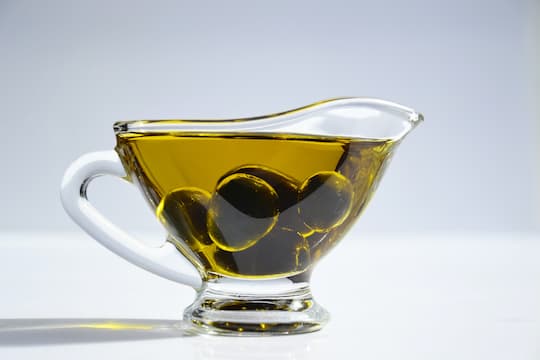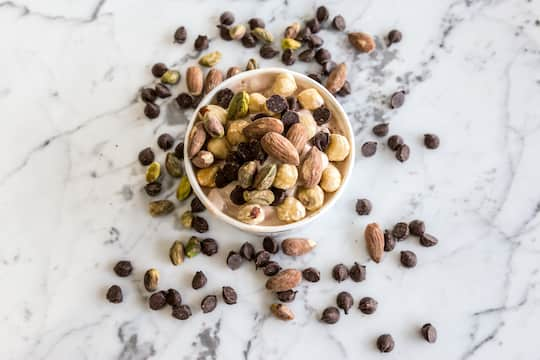Drinking this beverage is linked to unhealthy levels of lipids in the blood.
Regular drinking of sugary beverages will increase levels of triglycerides and decrease high-density lipoprotein (HDL) cholesterol levels, known as the “good” cholesterol.
Adults in this study who had one sugary drink per day had a 98 percent greater risk of low HDL and a 53 percent increased risk of developing high triglycerides.
Triglycerides are fats carried in the blood and abnormal levels of these fats (lipids) combined with high LDL (low-density lipoprotein cholesterol, known as “bad” cholesterol) or low HDL cholesterol can build up in the arteries.
Half of American adults have dyslipidemia, which is the medical term for abnormal levels of lipids in the blood.
Dyslipidemia can lead to atherosclerosis and possible consequences are heart disease, heart attack, and stroke.
Dr Nicola McKeown, study co-author, said:
“The results suggest that high intake of drinks with added sugar, such as soda, lemonade or fruit punch, may influence risk for dyslipidemia as we age.
One dietary strategy to help maintain healthier blood cholesterol and triglyceride levels may be to avoid drinks with added sugars.”
The research team also checked if diet drinks or 100 percent fruit juice would be a better option than sugar-sweetened beverages.
But they didn’t find enough evidence that these drinks will reduce the risk of developing dyslipidemia.
Dr McKeown said:
“We are better off quenching our thirst with water.
The emerging research on long-term consumption of diet soda on health is inconclusive, so it is prudent to say diet drinks should only be an occasional indulgence.
As for 100% fruit juice, best to limit consumption and consume whole fruits when possible, as recommended by the 2015-2020 Dietary Guidelines for Americans.”
The study analysed dietary data of 5,900 American adults as well as changes in their blood cholesterol and triglyceride concentrations based on frequency and the types of beverages they drank.
Dr McKeown concluded:
“Our findings show that what we put in our glass may contribute to greater risk of cardiovascular disease via worsening of lipid levels.
Managing blood cholesterol and triglyceride levels is an important goal and a promising strategy for preventing heart attack and stroke,”
The study was published in the Journal of the American Heart Association (Haslam et al., 2020).










